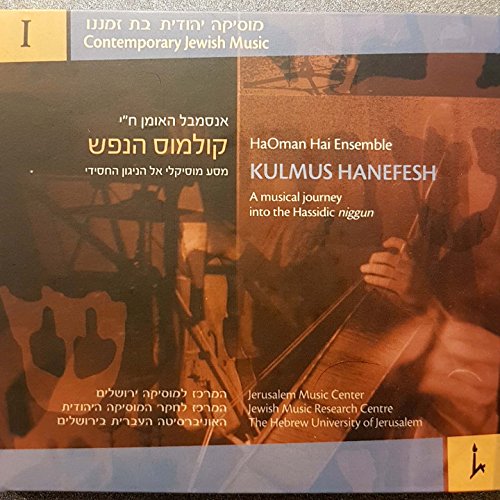2009
He Has Delivred my Soul in Peace
"He has delivered my soul in peace from the battle that was against me for there were many who strove with me.
God who is enthroned from olden time, shall hear and afflict them. (Sela)
He has put forth his hands against such as are at peace with him, ha has broken his covenant.
The words of his mouth were smoother than butter, but war was in heart, his words were softer than oil, yet they were drawn swords.
Cast thy burden upon the Lord, and He shall sustain thee, He shall never suffer the righteous to be moved. But Thou, O God, shalt bring them down into the pit of destruction, bloody and deceiful men shall not live out half their days; but I will trust in Thee." (Psalms 55, 19-24)
This famous song is unusual in the Chabad tradition, as it is more of a musical composition than a niggun, as witnessed by its shape and complexity. It was probably composed by one of the professional musicians who worked for the grand rabbis. According to the Hassidim, it relates to the elderly Admor's imprisonment in St. Petersburg following denouncement by his opponents, and then his abrupt release after having read Psalm 55 that deals with Ahitophel's betrayal of King David. The Lubavitch Hassidim have compared the Rabbi's situation with that of David who prayed to God to destroy his enemis.
The niggun has been arranged by Andre Hajdu as a sort of short cantata which can be interpreted as the release of the soul from the trials and tribulations of this world at the time of death. Man's soul returns to its source on high, to the Creator, and thus the circle is completed with the idea introduced in the first niggun, that of the soul descending into the body: The soul descends in order to ascend.






